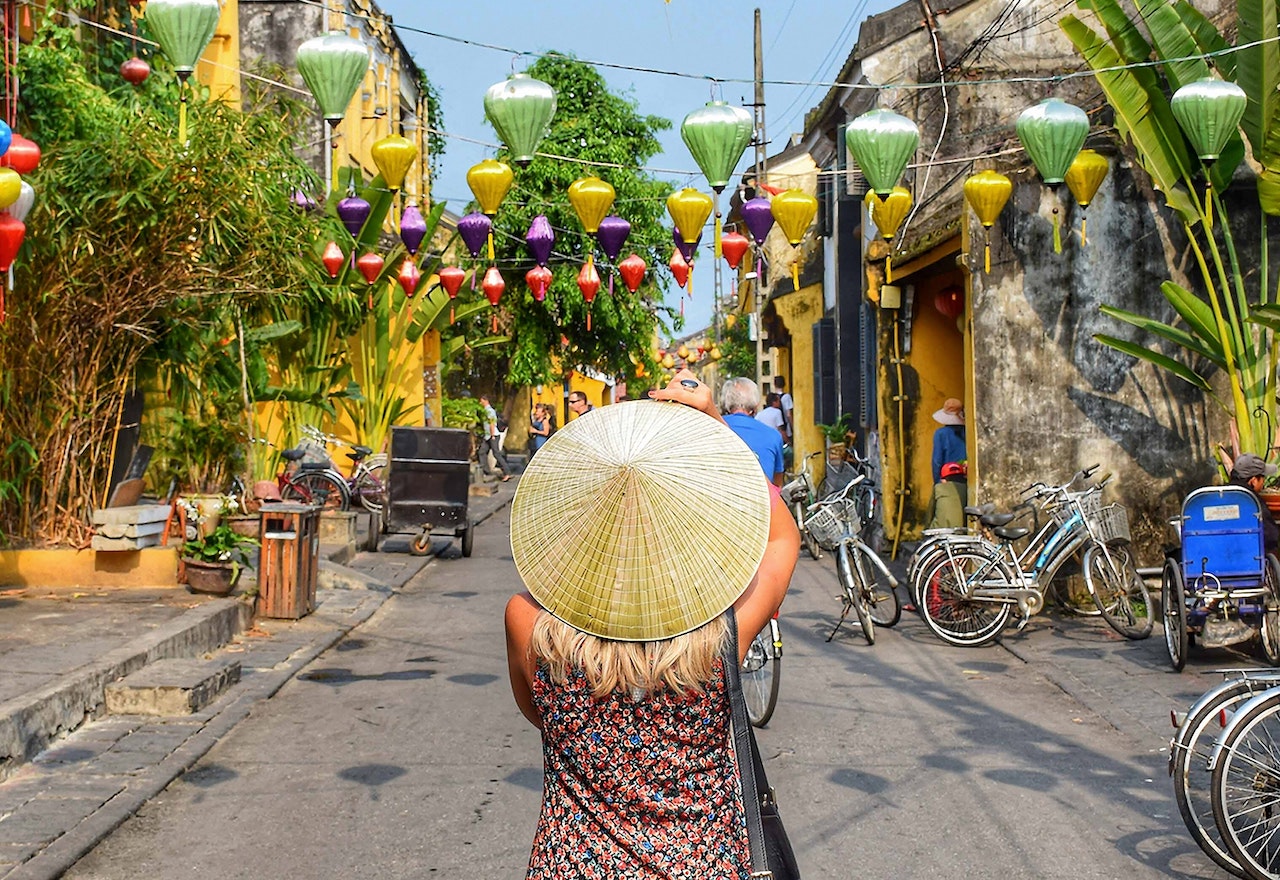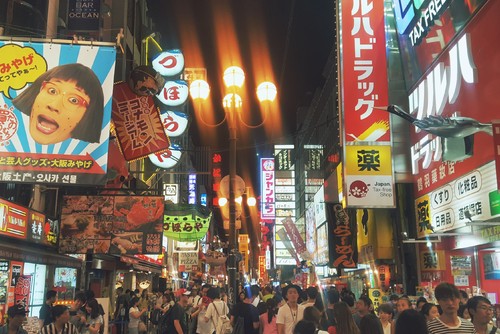1. The Visa Process
Don’t leave it until the last minute. If you have never had to apply for a visa before- give yourself plenty of time- perhaps at least three months or so before you go. The most difficult bit was finding somebody to notarise all the documents- rushing straight after a full working today to an appointment with the solicitor was not the best idea (and yes, it’s probably easier be notarised a solicitor.)
Also, make sure your employer gives you a complete set of instructions on how to finish the process, so no mistakes are made.
2. Decide Where You Want to Work
There are so many amazing destinations in Vietnam and you need to think carefully about whether you want to work in the countryside, or a big metropolitan city.
Vietnam is a beautiful country of many contrasts. The north is particularly industrial; Hanoi gave me strange vibes. However, it is a popular choice for expats who are not overly fond of massive cities, but do not want to be in the middle of no-where, either.
If you have a strong immune system and feel reasonably confident about living somewhere with only a few foreigners about, then go for it- technically, you will be given the true Vietnamese experience. You will get to know the locals and develop close relationships; they will assume you are a teacher (because what else would a foreign person be doing, right?)
It may come to light that the places which become your familiar haunts will learn and recognise your food orders- sweet, or spooky?
For those who need a night-life scene, or just generally lots to do in your free time, apply for work in Ho Chi Minh, the big city in the south. You’ll have access to plenty of Western restaurants (if you need a break from noodles!) plenty of chances to meet people, and be able to blend into the crowd without students greeting you everywhere you go!
3. The Healthcare System
The healthcare system in Vietnam is vastly different from the UK, or the West in general.
If you’re someone that is going to need health support, you are probably safer in Ho Chi Minh, as there are plenty of cleaner, more modern hospitals with English speaking staff.
Before you go, stock up on Western medicines, such as ibuprofen, to see you through your first month or so, then ask your family to send you a care package. If you have any other underlying health conditions, such as epilepsy, make sure to ask your employer if you can access any medication you need. (Pack as much as you can before you board the plane.)
PS - if you do go to the pharmacy in Vietnam, make sure you ask the name of the medicine, so you know what you are taking. Also google them, just to be extra safe!
4. Transport
Depending on where you live you will need to think about the mode of transport you would prefer to use.
If you find accommodation on-site or close to where you work then you will more than likely be able to walk to work, and eliminate transport fees. E Scooters are available in most cities which can be a fast and fun way to get around.
Motorbikes are the main mode of transport in Vietnam. There are trains, yes, and of course inter-connecting, smaller flights- but to travel around locally, you will be using a motorbike or scooter. If you aren’t so confident on bikes, there are plenty of taxi services, however, this can eat up most of your daily cash, depending how many times you are using the taxis during the day.
If you decide to travel within Vietnam on your holidays, be warned that flight delays are very common - use the trains or coaches where you can! You could also consider booking tours of Vietnam where you can experience the highlights of the country and meet new people.
5. Culture Shock
The final and possibly the most important- be wary of culture shock. You may have heard of the phrase ‘culture shock’ but what does it really mean?
To put it simply- culture shock is a process of your emotional, physical and mental well-being when you first move to a country, whose culture is completely different from your own.
Vietnam has a very politically complicated and war-torn history, which is why it still looks as though it is trying to develop.
Pollution is one thing - but being ill is another. If you just catch the odd cold, this is completely usual, especially in a job where you meet with so many children. However, if you are consistently unwell and find yourself in hospital or at the pharmacies often- this is where culture shock is not really culture shock any more. In this case, you must decide what is best for you- sometimes things don’t always work out how you might hope.
Before departing I recommend trying to learn some basic Vietnamese words and phrases, this will make the whole experience easier and more fun.
Working in Vietnam really is an incredible experience that I highly recommend. In the end, the most important thing is you and your health. If Vietnam does not feel like the right match- there will be plenty of other EFL opportunities out there waiting for you!
By Rosie Greene
Have you taught in Vietnam? Got any tips or any experiences you want to share? Let us know in the comments section below. Or if this type of experience appeals to you, search TEFL courses and apply to teach in Vietnam today.








